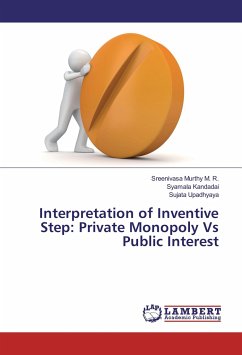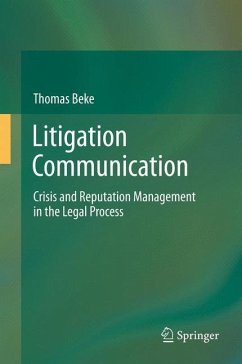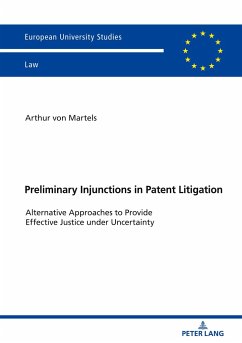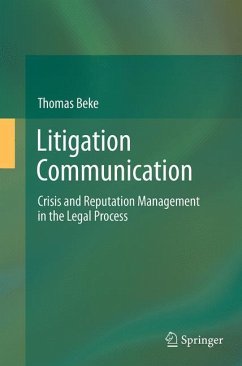
A Brief of Public Interest Litigation
Concept, Evolution, Procedure, Prospects (Focused on South Asia, particular in Bangladesh)
Versandkostenfrei!
Versandfertig in 6-10 Tagen
32,99 €
inkl. MwSt.

PAYBACK Punkte
16 °P sammeln!
Once upon a time, only the aggrieved party had the locus standi (standing required in law) so that he could personally knock the doors of justice and seek remedy for his grievance and the non-affected persons had no locus standi, could not do so. Ultimately, there was hardly any link between the rights guaranteed by the Constitution and the laws made by the legislature on the one hand and the vast majority of people specially illiterate classes, on the other. This scenario gradually changed by the modern interpretation of the judiciary that tackled the problem of 'access to justice' by people ...
Once upon a time, only the aggrieved party had the locus standi (standing required in law) so that he could personally knock the doors of justice and seek remedy for his grievance and the non-affected persons had no locus standi, could not do so. Ultimately, there was hardly any link between the rights guaranteed by the Constitution and the laws made by the legislature on the one hand and the vast majority of people specially illiterate classes, on the other. This scenario gradually changed by the modern interpretation of the judiciary that tackled the problem of 'access to justice' by people through public interest litigation (PIL) by alterations made in the requirements of locus standi and of party aggrieved. Now, any citizen or consumer group or social organization can approach the court, seeking legal remedies, where the interests of general public or a section of people are violated. PIL could be filed without incurring heavy court fees, as required in private civil litigations. PIL is the device by which public participation in judicial review of administrative action is assured. It brought a great change in public mind regarding people's rights & government responsibilities.












